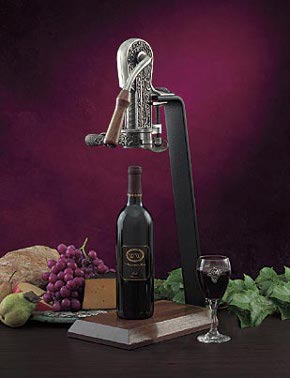In 2011, over 60% of the most popular domestic wine brands were sealed with natural cork. This statistic comes from the Cork Quality Council, a Napa-based organization. Based on surveys of A.C. Nielsen data, the executive director of the Quality Cork Council, Peter Weber, claims that there has been “a sharp increase in the sale of wine sealed with cork.” He further comments that there is “unwavering consumer preference for natural cork" and that there are "emerging problems with alternative closures.” Although the majority of popular wines in 2011 were sealed with cork, note that a great number of popular wines were also sealed by other means (under 40%)! And just because a wine is sealed with a cork does not make it “better” than a wine sealed with a screw cap. The same is true of boxed wine. That said, the top bottles will probably continue to be sealed with natural corks for years to come. Tradition and time-tested methods persist strongly in the wine world!
While these “alternative closures” can pose difficulties (screw caps can trap excess gasses that naturally pass through and out of cork, synthetic corks can become difficult to remove after a few years, traces of plastic that makes contact with the wine can be ingested, etc.), a lot of popular wine is packaged with them. The natural vs. synthetic cork debate will probably continue for many, many years.

The Rogar Champion Pewter-Plated Wine Opener
Why choose natural cork? Possibly because of tradition, to take home a cork as “souvenir” of a meal or special occasion, to remember a particular wine, to use in a craft project, etc. Cork is also a renewable resource, and, of course, biodegradeable.
Why choose screw caps or boxes? For convenience; if you’re on the go, no corkscrew is needed, and bottles can easily be capped to prevent spillage. Boxed wine will “keep” on a trip, and it pours easily.
What works best for long-term storage? Not boxed wine. (If your box has a “boxed on” date, you should drink it within a year of that date.) Screw caps or corks? The verdict is still out, and even the experts cannot agree. This usually means you’re pretty safe either way. To solve the “hard to open” issue, if you’re opening a corked wine, no matter what the “cork” is made of, try using a Rogar Champion pewter-plated wine opener. This elegant, timeless piece makes opening any wine a breeze. You can uncork (and even recork) a wine bottle in under a second. No matter the material of your cork, a good opener like this is nice to have on hand. Corks of some material will likely be a part of the future of most wine for many, many years.
What are your thoughts? Do you buy "alternatively sealed" wines? Would you ever consider them for aging, or are they strictly "table wine"?


